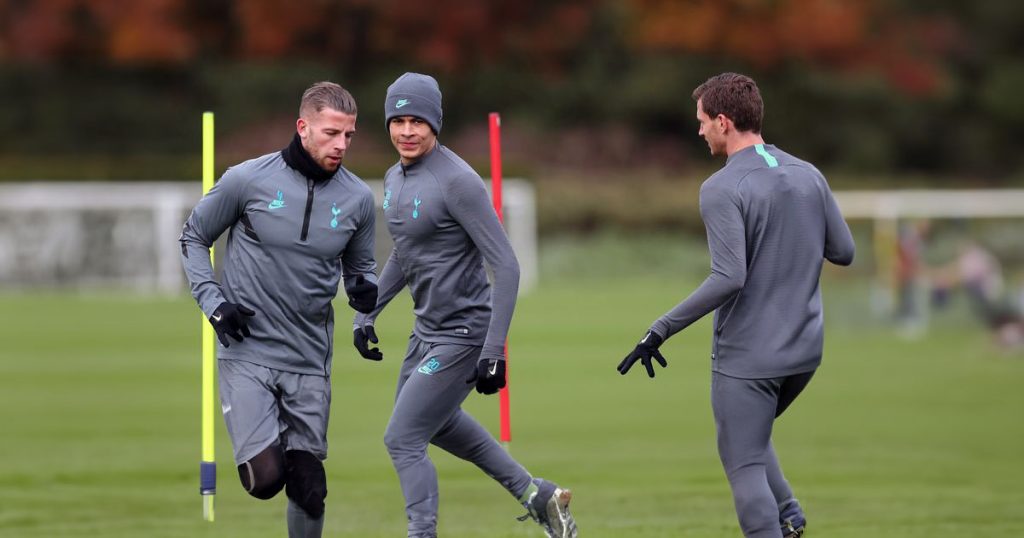Explore sport and exercise psychology, what sports psychologists, and how to become one.

Overview
Sport and exercise psychology is one of nine practice areas recognised by the Psychology Board of Australia. Practitioners assess obstacles to optimal performance and design mental skill strategies. They may counsel athletes on stress and conflict, implement team initiatives, and manage issues such as overtraining, injury rehabilitation, and life balance.
As a sport and exercise psychologist, you provide psychological services to enhance wellbeing through physical activity. Using evidence and empirical findings, you communicate with athletes, teams, and professionals. The aim is to optimise performance and promote health.
What is Sport and Exercise Psychology?
Sport and exercise psychology explores how mental states influence physical performance and exercise participation. It seeks to boost motivation, improve athletic performance, and unlock the mental health benefits of physical activity.
Problems that arise for athletes, teams, and individuals that a psychologist can address include stress and anxiety, lack of motivation, interpersonal conflicts within teams, performance slumps, and issues related to injury recovery and retirement from sport.
Sports psychologists employ different techniques depending on the issue. For example, they may use cognitive-behavioral strategies to improve concentration and focus, implement resilience training for coping with pressure, provide counselling for personal or career challenges, or conduct team-building exercises to enhance group cohesion.
Role of Sports Psychologists

Sporting clubs and athletes hire psychologists to enhance performance, tackle competition stress, and improve teamwork. These professionals also assist in injury recovery and address mental health challenges.
Revenue-generating sports such as AFL, NRL, and Olympic programs tend to drive the highest demand for these services in Australia.
To thrive in sports psychology, you need a firm grasp of psychological principles and sports dynamics. Clear communication and getting results are essential. You can build your reputation by associating with high-performing athletes and teams. Networking and continuous education pave the way for professional growth.
Related: 12 Types of Psychologists in Australia
How Do I Become a Sports Psychologist?

- Start with a Bachelor of Psychological Science (or similar). If your first degree isn't in psychology, a online Graduate Diploma in Psychology will set you on the right path.
- Next, complete a 1-year honours degree or Graduate Diploma in Psychology (Advanced). This step qualifies you for provisional registration.
- Then, do a 2-year psychology master's degree with a sport and exercise psychology major. It should cover performance enhancement, mental health in sports, and team strategies.
- Follow this with 2 years of supervised practice in sports settings to refine your skills.
- Finally, register as a psychologist with the Psychology Board of Australia. With your education and hands-on experience, you can then apply for an endorsement in Sport and Exercise Psychology.
Related: Psychology Board – Guidelines on Area of Practice Endorsements